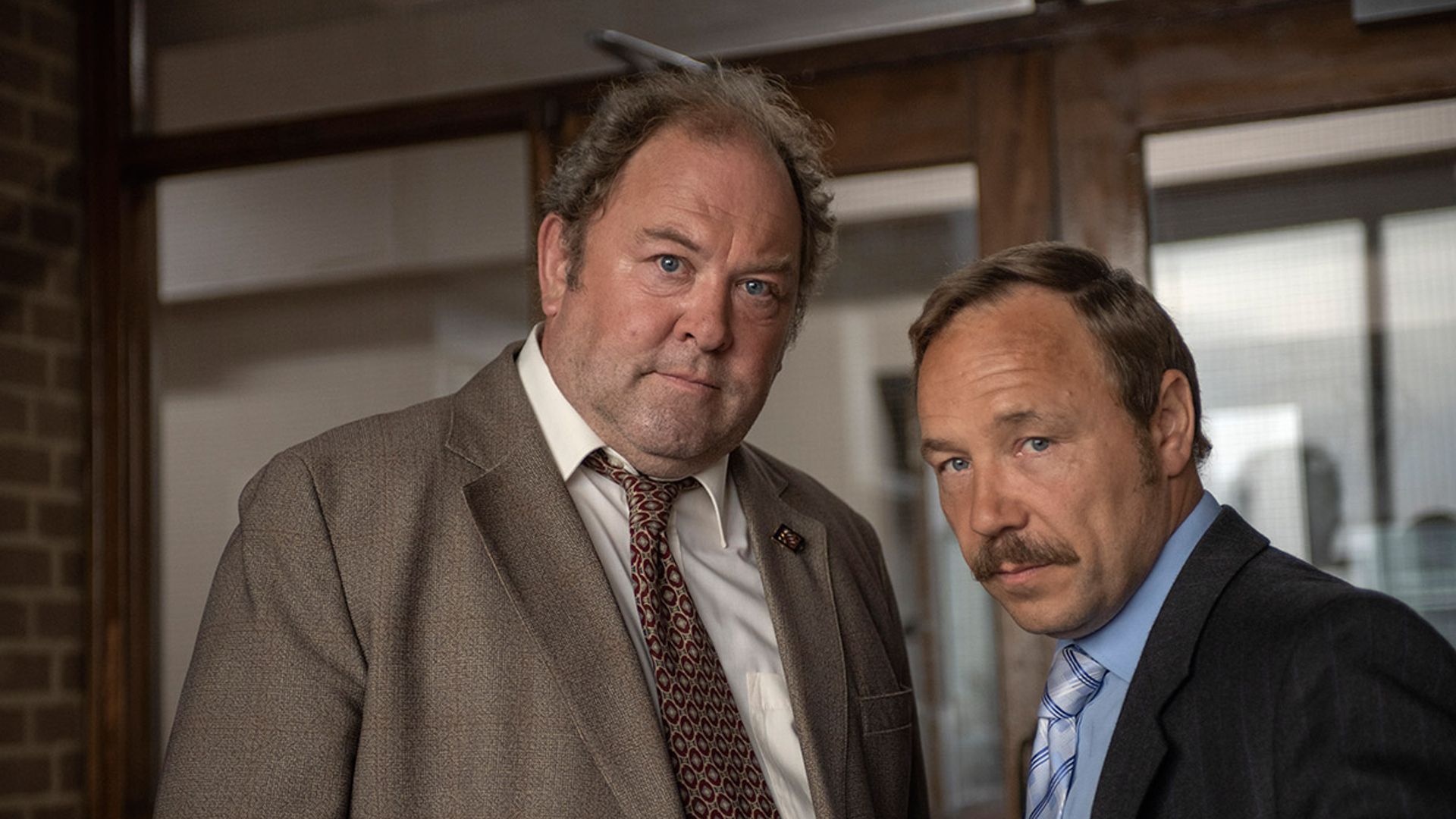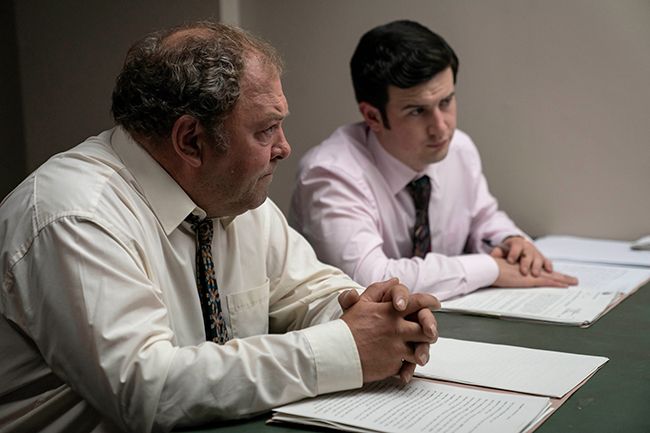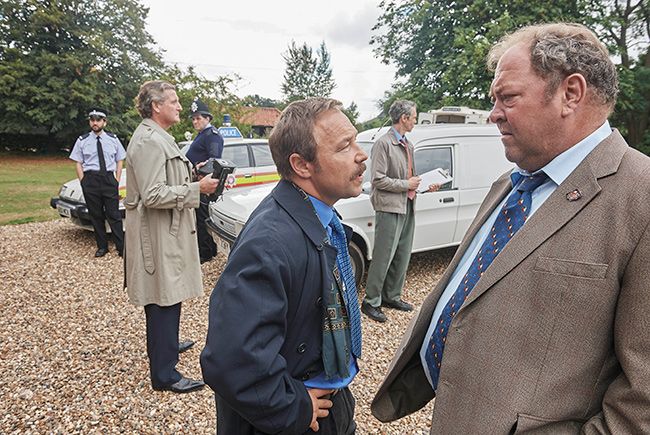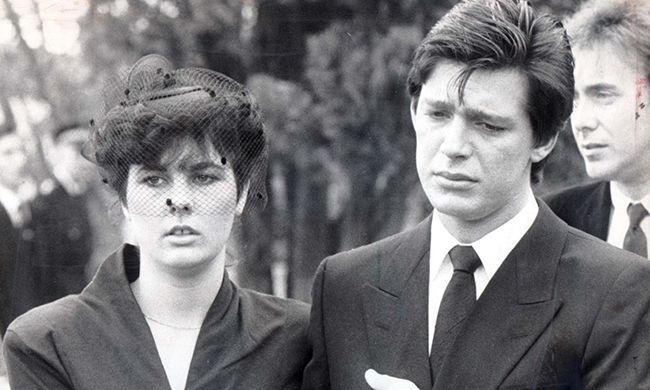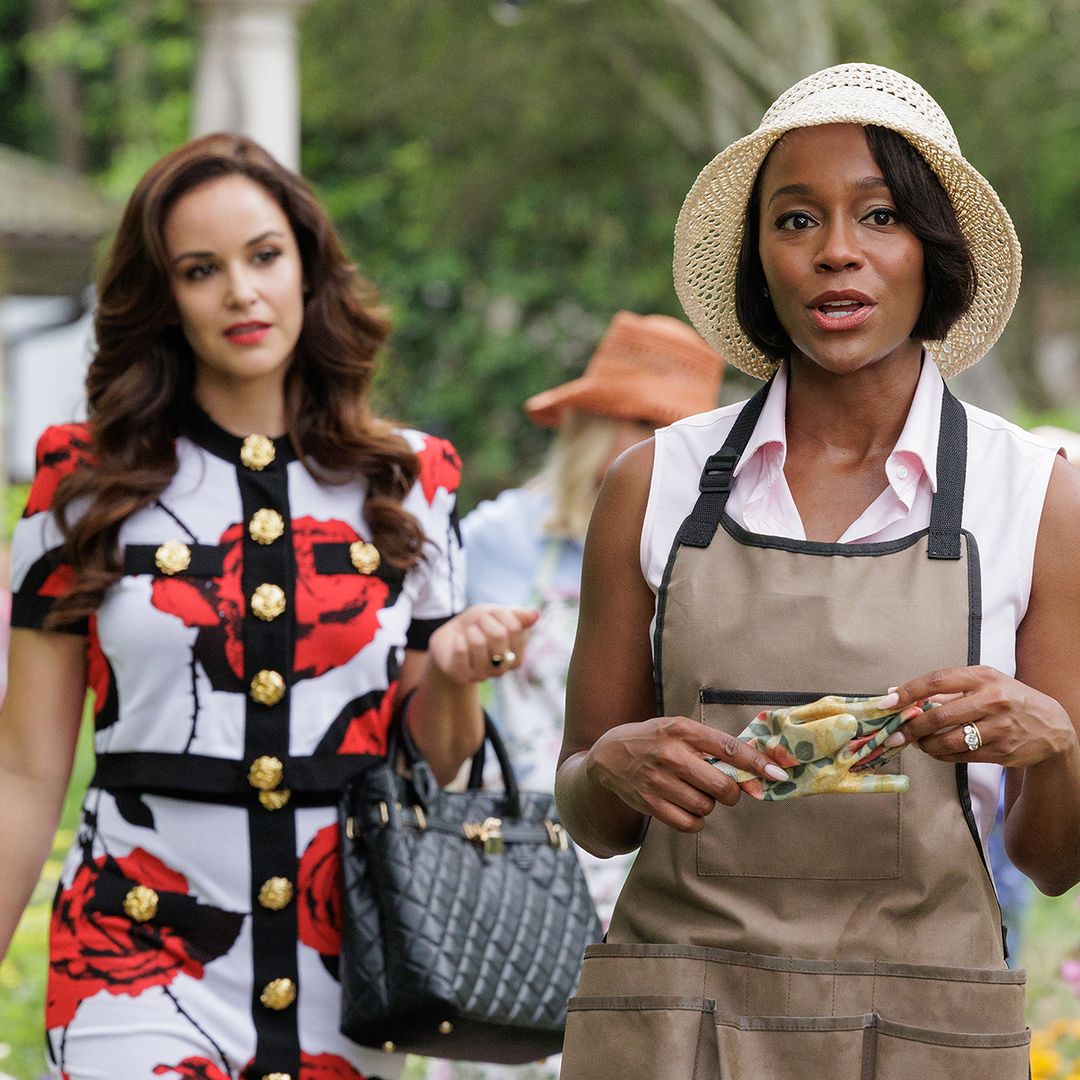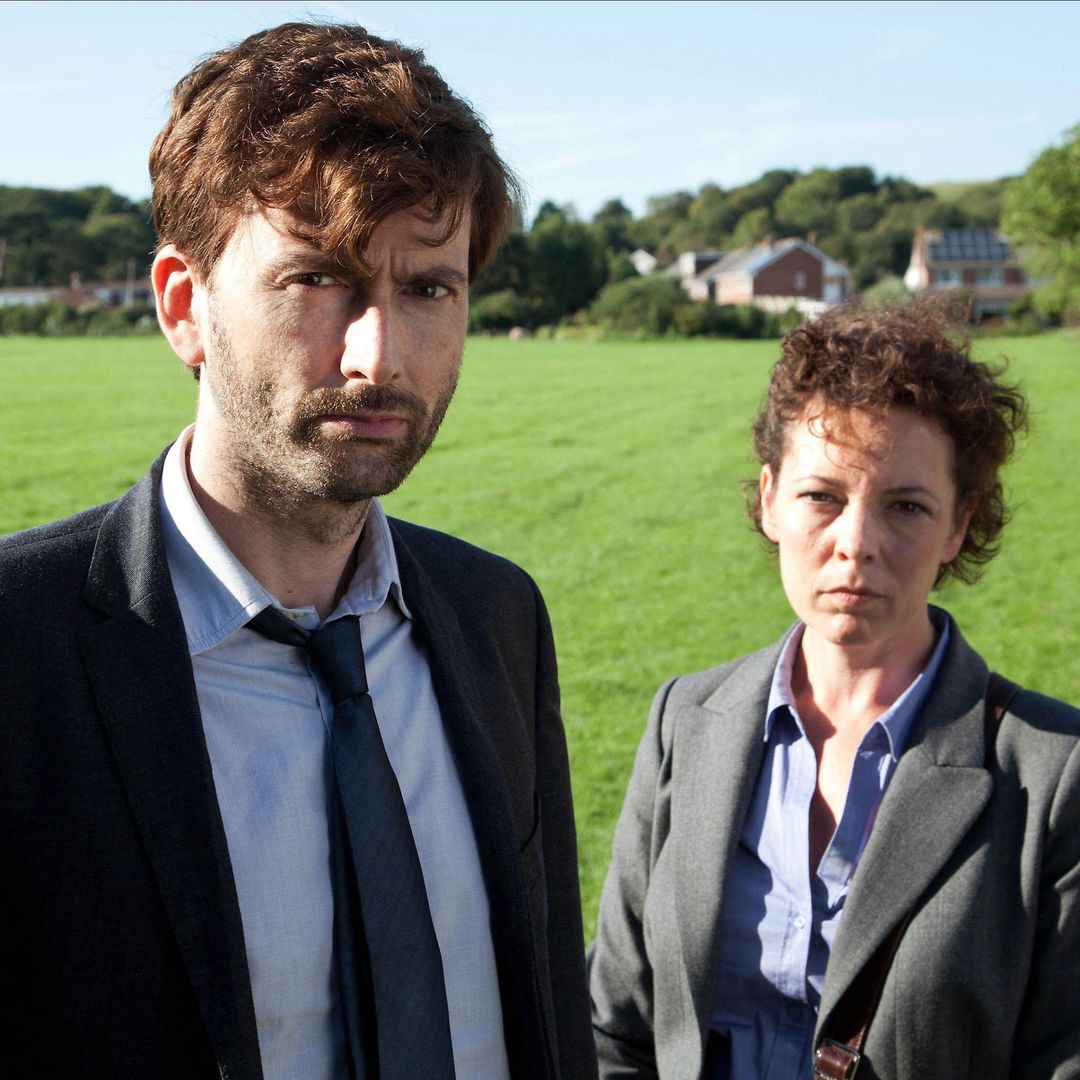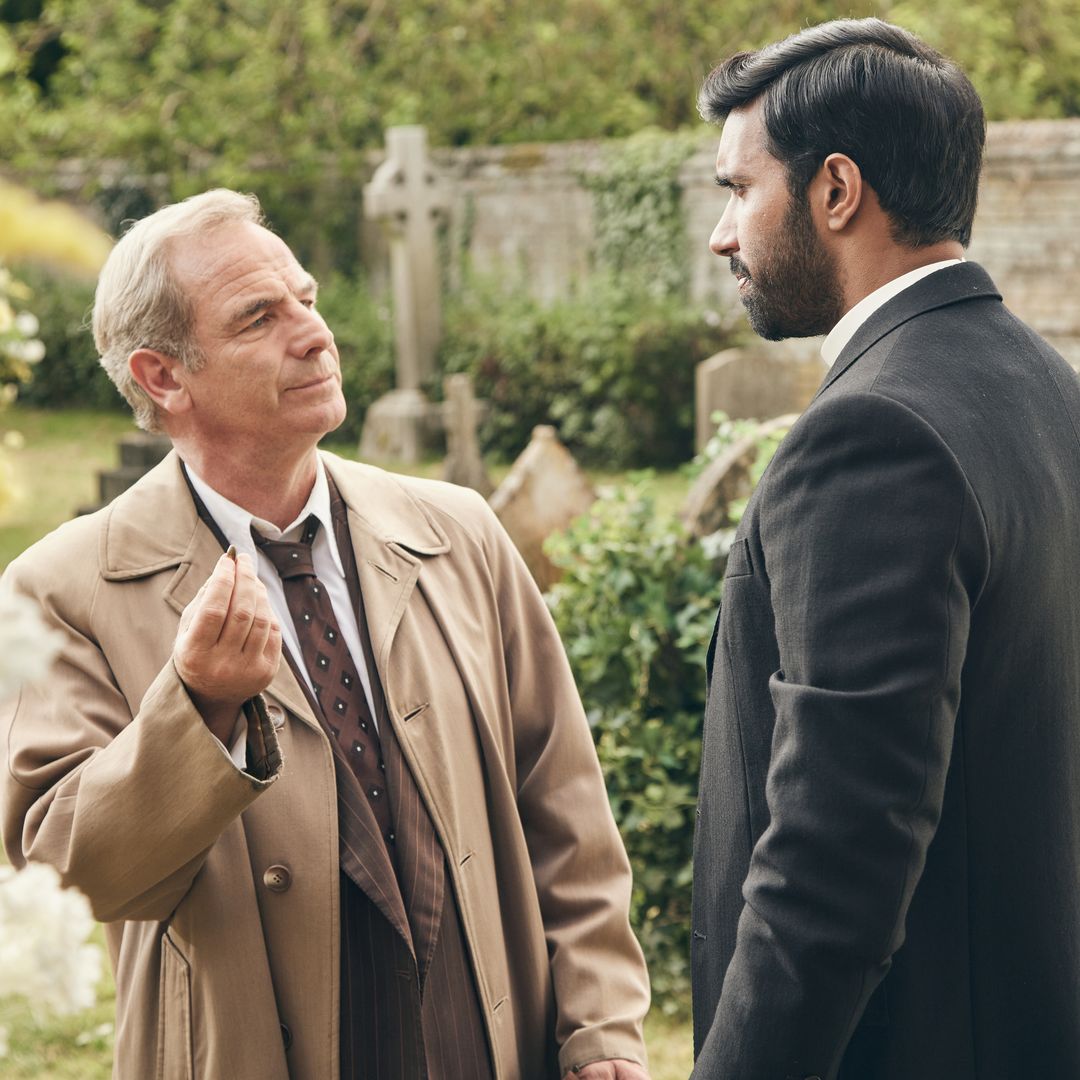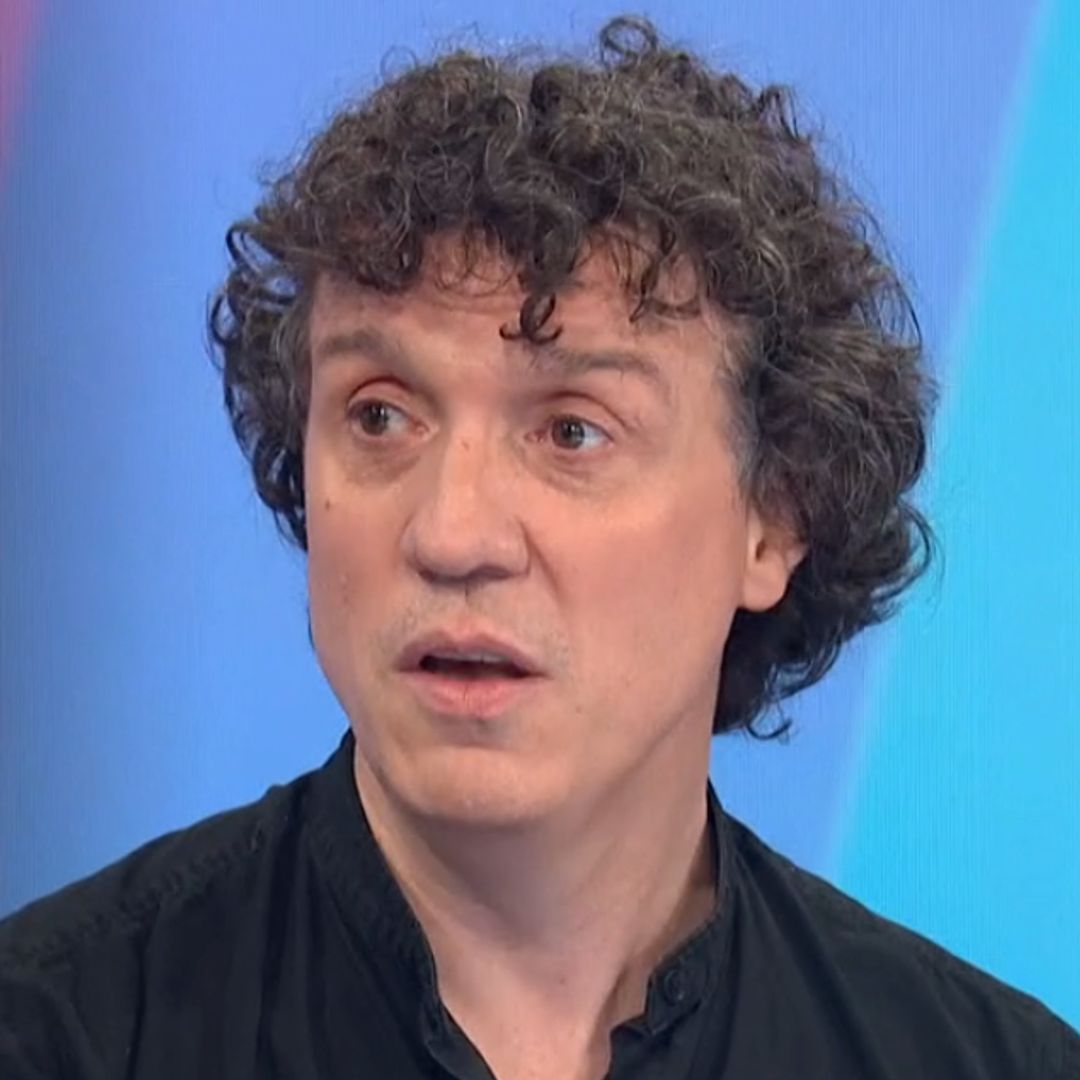White House Farm is one of the most gripping dramas on TV at the moment, but the story and the people the show is portraying are real. The ITV drama tells the story of the harrowing Bamber murders, which took place in 1985, and stars Cressida Bonas, Freddie Fox and Line of Duty star Stephen Graham. Viewers have been hooked on the six-part series since it started earlier this month, but how true to life is the show?
The Bamber family and White House Farm
Sheila Bamber, her twin sons Daniel and Nicholas, and her parents Nevill and June tragically lost their lives after being shot at their family home White House Farm in Essex, all of which has been accurately depicted in the series. The film set is also fairly true to life, with the home looking similar to the real Essex farm house where the Bamber family lived and were murdered.
The discovery of the murdered Bamber family
In August 1985, the bodies of the family were found after Sheila's brother, Jeremy Bamber, had phoned the police. Jeremy, who was later arrested and charged with murder, called local police (as opposed to 999) and said that he had received a phone call from his father Nevill, saying that his sister Sheila had "gone beserk." This phone call was portrayed in the first episode of the drama and immediately set to precedent to the series, with the call to local police becoming a running mystery throughout as Detective Sergeant Stan Jones sought to uncover the truth. On finding the bodies, the police discovered Nevill downstairs in the kitchen, the two sons in their beds, and June and Sheila in the master bedroom. Sheila was lying on the floor with a shotgun placed on her chest, which initially led police to believe that she had shot her family, before taking her own life.
MORE: White House Farm: everything to know about Jeremy Bamber
Police Inquest and burning of evidence
In real life, the deaths were initially treated as murder-suicide and this theory is depicted in the show. DCI Taff Jones, played by Stephen Graham, was a Welsh detective who was deputy head of Essex Police CID taking the lead of then investigation. In the ITV drama, Taff is portrayed as a hot-headed, passionate detective, determined to pursue the Bamber case as a murder-suicide and reluctant to explore other avenues. Although it has been reported that, at the time, Taff was eventually taken off the case for his handling of the case, the depiction of the detective has been criticised by Essex Police. Detective Constable Michael Clarke told The Sun: "A lot of people are very unhappy about the portrayal of Taff Jones. They are making him a scapegoat."
After Jeremy was convicted, it was ruled in the House of Commons by Essex police that the authorities had handled the case poorly. This was fuelled by the little recorded evidence and existing evidence being destroyed in a fire, such as mattresses and other possessions in the home.
MORE: White House Farm: Who is DCI "Taff" Jones and how did he die before the Jeremy Bamber trial?
Shortly after the murders took place, an official inquest was held and the ruling of murder-suicide was given after police gave any remaining evidence they had before the bodies were released to Jeremy and Colin for the funerals. In the drama, DS Stan Jones, played by Game of Thrones actor Mark Addy, was desperate to get more evidence across, including the lack of silencer on the gun that he discovered on which there were traces of Sheila's blood. Although it's unknown if it was DS Stan Jones in real life that put forward this piece of evidence, a silencer was found with traces of blood on it, but was not taken into account until later on during the investigation. This piece of evidence was crucial to the trial as it meant that, if it was used, Sheila could not have shot herself as her arms were not long enough – meaning she could not have taken her own life.
When Jeremy Bamber became a suspect
Once the bodies were released, the funerals and cremations took place. It was around this time that the police and Colin Caffell began to suspect Jeremy. Colin, the ex-husband of Sheila and father to twins Daniel and Nicholas, recently opened up about the moment he started to suspect Jeremy. Speaking on This Morning earlier this month, Colin explained that he started to suspect Sheila's adoptive brother Jeremy after noticing his odd behaviour once he moved in with him. "I welcomed Jeremy into my flat, supported him, and gave him all of the brotherly love that I could as a victim. But then he started to show elements of him not really grieving," he explained.
"There was a point where he came running up the stairs of my flat with his hair all soaped up in spikes, he was copying the photo of Daniel and Nicholas in the bath." He continued: "And he came running up the stairs giggling and ran straight into my mother and went [back to] putting on the whole performance." In fact, this exact moment was portrayed in episode three of the ITV drama.
About a month after the murders, Jeremy's girlfriend at the time Julie Mugford changed her police statement which became a pivotal moment in the investigation. She admitted to the police that Jeremy had talked about murdering his family on several occasions, even going into details on how he would cover up the crimes, and suggesting that he could pin it on his sister, who suffered from mental illness. This crucial moment was played out at the end of episode four, as Julie (played by Alexa Davies).
Arrest and trial
On 8 September, after Julie's statement was changed, Jeremy Bamber was arrested along with Matthew MacDonald. Matthew, a friend of Jeremy's, was used as a scapegoat by Jeremy when he told his then-girlfriend that he had arranged Matthew to commit the crimes, after she questioned him about the deaths. Jeremy was interviewed for three days before being released on bail. Later on in the month, he was charged with the five murders. The trial however, didn't begin until October the following year and lasted almost the whole month. On 28 October 1986, the judge and jury arrived at a guilty verdict and Jeremy was given a life sentence for murder.
Like this story? Sign up to our newsletter to get other stories like this delivered straight to your inbox.
